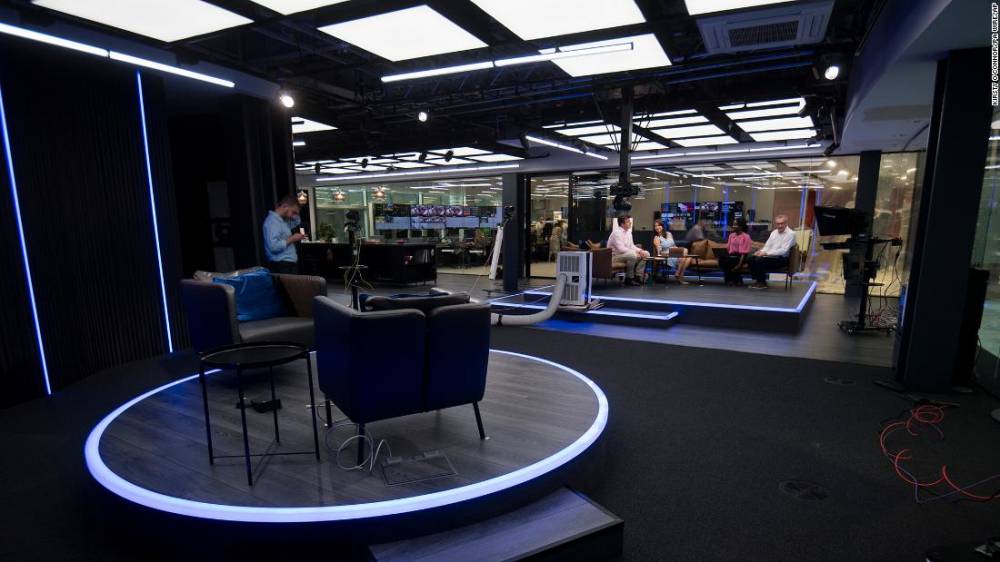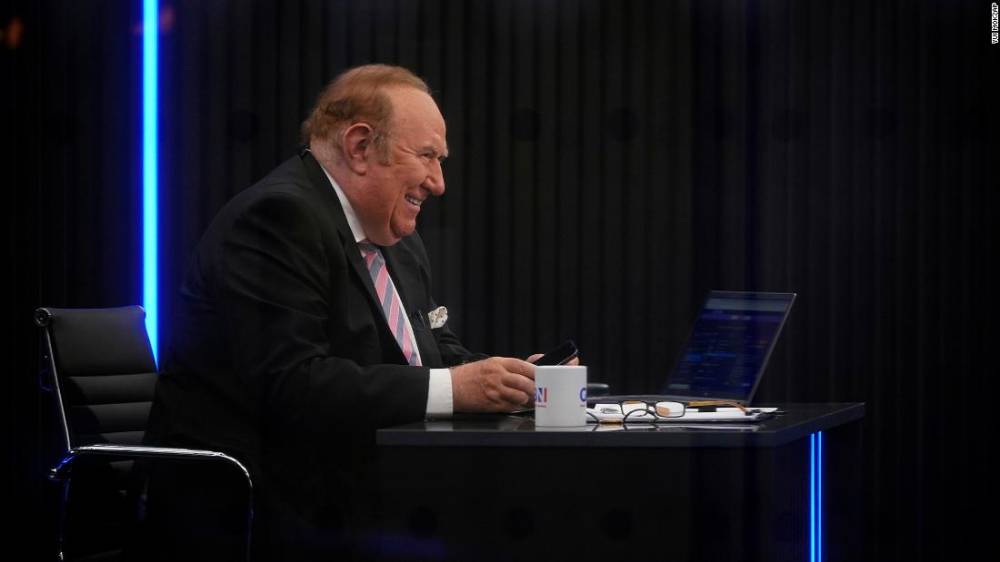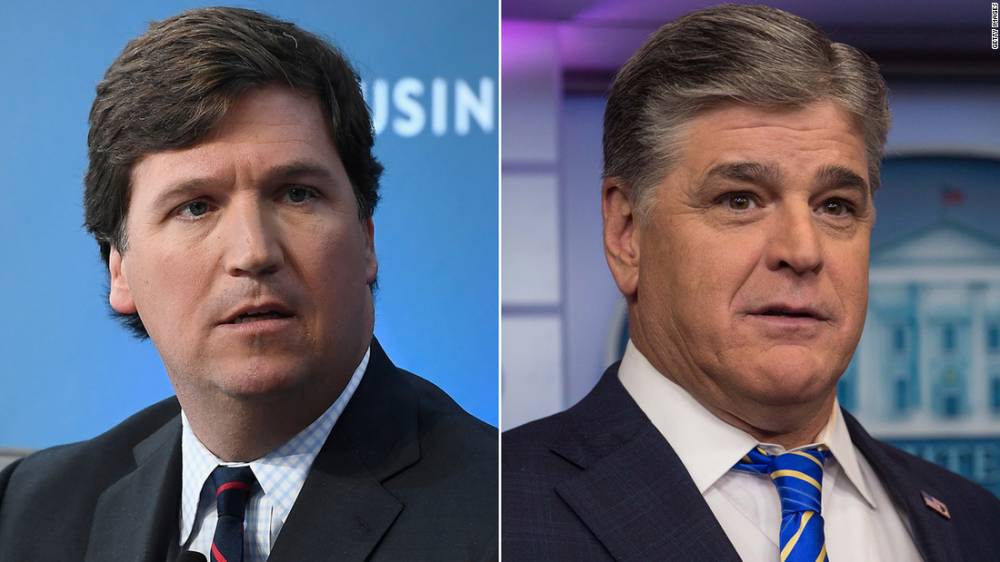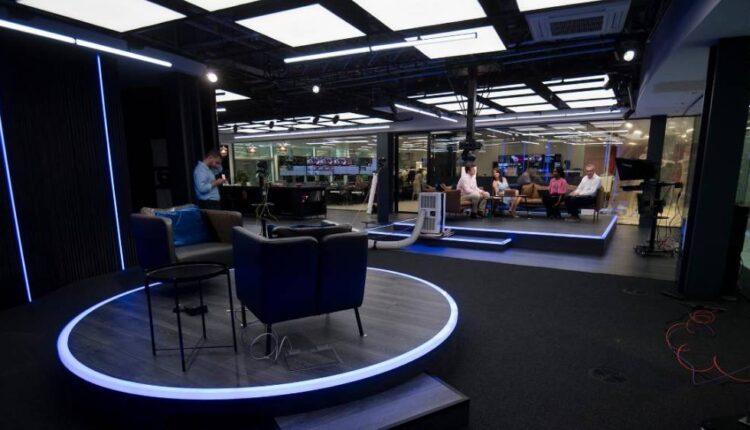London (CNN Business)A number of companies are pulling advertising from GB News just days after Britain’s newest and most controversial TV channel launched with a self-professed mission to fight “cancel culture.”
Swedish furniture giant IKEA and brewer Grolsch are among brands that have either pulled or paused advertising on the channel, which they say does not align with their values.GB News’ launch has been marred by technical issues, but it already appears to be living up to its aggressively “anti-woke” positioning. The channel has styled itself as a pro-British alternative to broadcasters, such as the BBC, that its backers views as elite and excessively liberal.
Several firms, including IKEA, said that their ads ran on the channel without their knowledge due to the automated nature of media buying algorithms.

GB News launches in Britain to take on 'woke warriors'In a statement, IKEA said it planned to ensure it doesn’t advertise on the channel again. “We have safeguards in place to prevent our advertising from appearing on platforms that are not in line with our humanistic values,” the company added in a tweet.Read MoreGrolsch said members of the public had queried the appearance of one of its ads on GB News. “We have ceased any further appearances of the Grolsch advert on this channel as we look to understand with our media partners how this happened,” the company added in a statement.Sky Media, the ad sales arm of Sky, sells advertising space for GB News and about 130 other channels. Most TV advertising is sold by targeting certain audiences rather than specific channels, so brands won’t necessarily know which channels or programs feature their ads.Stop Funding Hate said cider maker Kopparberg, skin care brand Nivea, OVO Energy, Octopus Energy and The Open University have also halted ads. The campaigners had been calling for an advertising boycott before GB News launched. “At a time when brands have more choice than ever about where they do and don’t advertise, many will doubtless be asking themselves whether GB News is a controversy that they need to be dragged into,” Stop Funding Hate’s director Richard Wilson wrote in March.”Within days of launching, GB News commentators have attacked the England football team over their anti-racism stance, and aired dangerous claims about Covid-19. It’s no surprise that so many reputable brands are stepping away, and refusing to align with this,” Wilson told CNN Business on Wednesday. Greg Jackson, the CEO of UK-based Octopus Energy, said in a letter to customers posted to Twitter that the company has stopped running ads on GB News, but could resume advertising in future. “We will monitor it, and only advertise if it proves to be genuinely balanced,” he added.Facebook (FB), Google (GOOG), Amazon (AMZN), Starbucks (SBUX) and American Express (AXP) have also advertised on the channel, according to Stop Funding Hate. CNN Business has reached out to the companies for comment.GB News did not provide a comment for this story.

Andrew Neil, GB News chairman and presenter.A loss of advertising revenue could hamper the new channel, which media experts have said may struggle to find an audience. Rupert Murdoch recently scrapped plans for a UK network earlier this year, saying it didn’t make financial sense. GB News has secured £60 million ($84.6 million) from investors including Discovery — which has agreed to a merger with CNN parent WarnerMedia — and the hedge fund titan Paul Marshall. GB News chairman Andrew Neil has emphasized that the network wants to make money by its third or fourth year and could then expand into other national markets in Spain or eastern Europe.
A British Fox News?
Neil has pushed back against the notion that the upstart channel amounts to a British Fox News, a network he views as having a “hard right disinformation fake news conspiracy agenda.”Still, it will try to emulate the format of partisan US cable news outlets, with a focus on big personalities that stalwarts BBC, Sky News and ITV have historically avoided. Within hours of launching, the network interviewed former Fox anchor Megyn Kelly, who panned the name Prince Harry and Meghan, Duchess of Sussex, chose for their newborn daughter. Harry and Meghan have become prime targets in Britain’s culture wars for their vocal stance on issues such as racism within media and parts of the Royal Family.In one of his “Woke Watch” segments this week, Neil suggested the National Trust, a UK heritage conservation charity, had drifted into “wokeness” for producing a report in the wake of last year’s Black Lives Matter protests that outlined the organization’s historic ties to the slave trade and colonialism.

Why you won't find Sean Hannity and Tucker Carlson on British TV”We will puncture the pomposity of our elites in politics, business, media and academia and expose their growing promotion of ‘cancel culture’ for the threat to free speech and democracy that it is,” Neil said in his opening monologue on Sunday.Cancel culture refers to the public shaming and ostracism of people deemed to have spoken or acted in an objectionable manner. However, right-leaning commentators argue that the practice has become a way for practitioners to silence their political opponents.
GB News has also tackled topics such as menopause, child marriage and rising anti-semitism, and interviewed opposition Labour Party lawmaker Barry Gardiner about the government’s approach to child refugees, who he said were being prevented from accessing “legal and safe routes” to enter the United Kingdom.— Julia Horowitz contributed reporting
Source: edition.cnn.com

